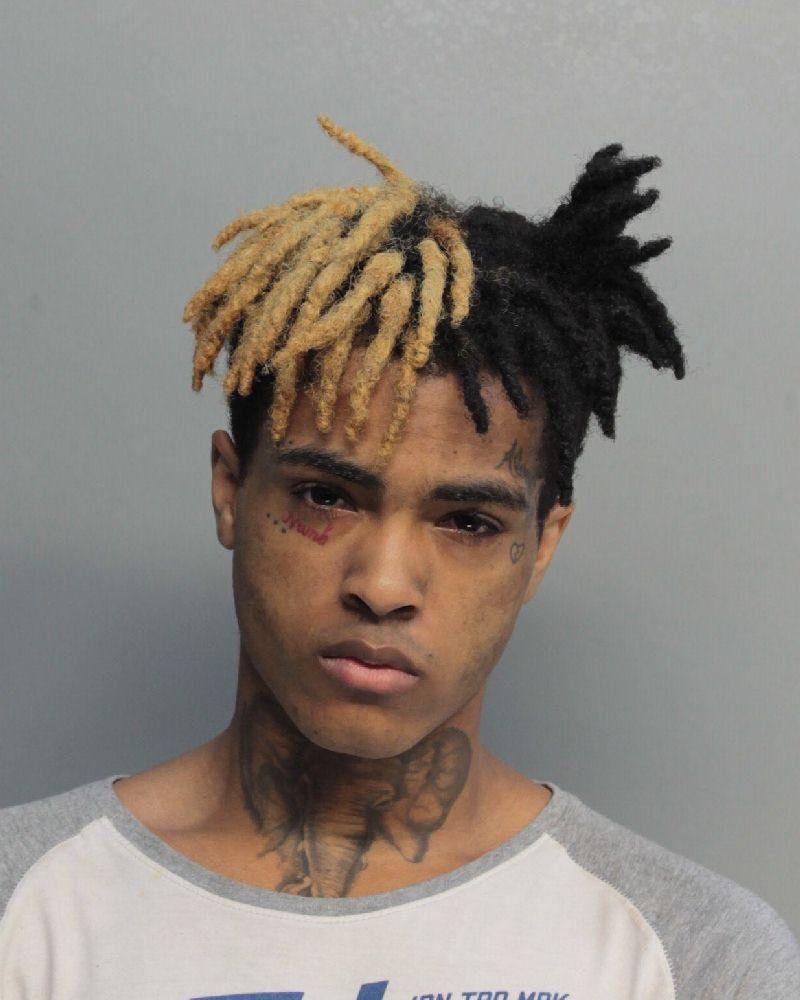Nearly 20 people are physically abused by an intimate partner every minute in the U.S. Roughly one in three women and one in four men have been victims of some form of physical violence by an intimate partner within their lifetime, according to the National Coalition Against Domestic Violence.
Domestic abuse, assault and sexual violence toward women are often touted as a phase some men go through before becoming better, more enlightened men. Let’s be clear — a past of abuse does not make good conduct in the present more admirable.
The recent shooting death of rapper XXXTentacion initiated a larger conversation about forgiving the actions of abusers who display remorse. X was arrested on assault and aggravated battery charges in 2016. At what point are a domestic abuser’s actions fully absolved after “good behavior?” The answer is never, not fully.
Apologetic actions are simply not enough to erase the abuser’s actions. Minimizing the ripple effects of their abuse only belittles the survivors’ experiences. The abuser may have moved on from the occurrence, but odds are, the survivor has not.
No amount of donations to the Domestic Violence Hotline or public apologies can erase the damage abuse imparts on a victim. Studies show abuse survivors are more likely to attempt suicide, abuse alcohol and drugs and experience post-traumatic stress disorder.
Of course any person, even habitual abusers, are capable of legitimate change through self-reflection and behavior modification. However, it is not the survivors’ responsibility to absolve the abuser or society’s responsibility to force them to.
Abuse survivors don’t get to forget their experiences at the drop of a hat. Why is it often demanded abusers be immediately forgiven after donating to charity or showing remorse for their actions?
Many survivors rebuke the idea that forgiveness is even necessary in the recovery process. Considering many abusers are manipulative, deceptive and seeking to avoid criminal charges, they have every incentive to feign remorse.
While abusers’ apologies may be convincing, it does not mean survivors are obligated to take it to heart and forgive. Despite popular belief, not all survivors need to forgive their abusers’ actions to heal.
While abusers “turn their life around” in search of brighter days, many survivors remain in the dark, often still suffering from their past trauma. It’s time we stop telling survivors what they “should” do to heal, and focus on doing what we should to prevent abuse.
Hannah Kleinpeter is a 20-year-old mass communication senior from Baton Rouge, Louisiana.
Opinion: Abuse victims should not be forced to forgive
June 27, 2018
Arrested for aggravated assault and battery in 2016, rapper XXXTentacion stands example of whether an abuser’s actions can be fully absolved or not.





